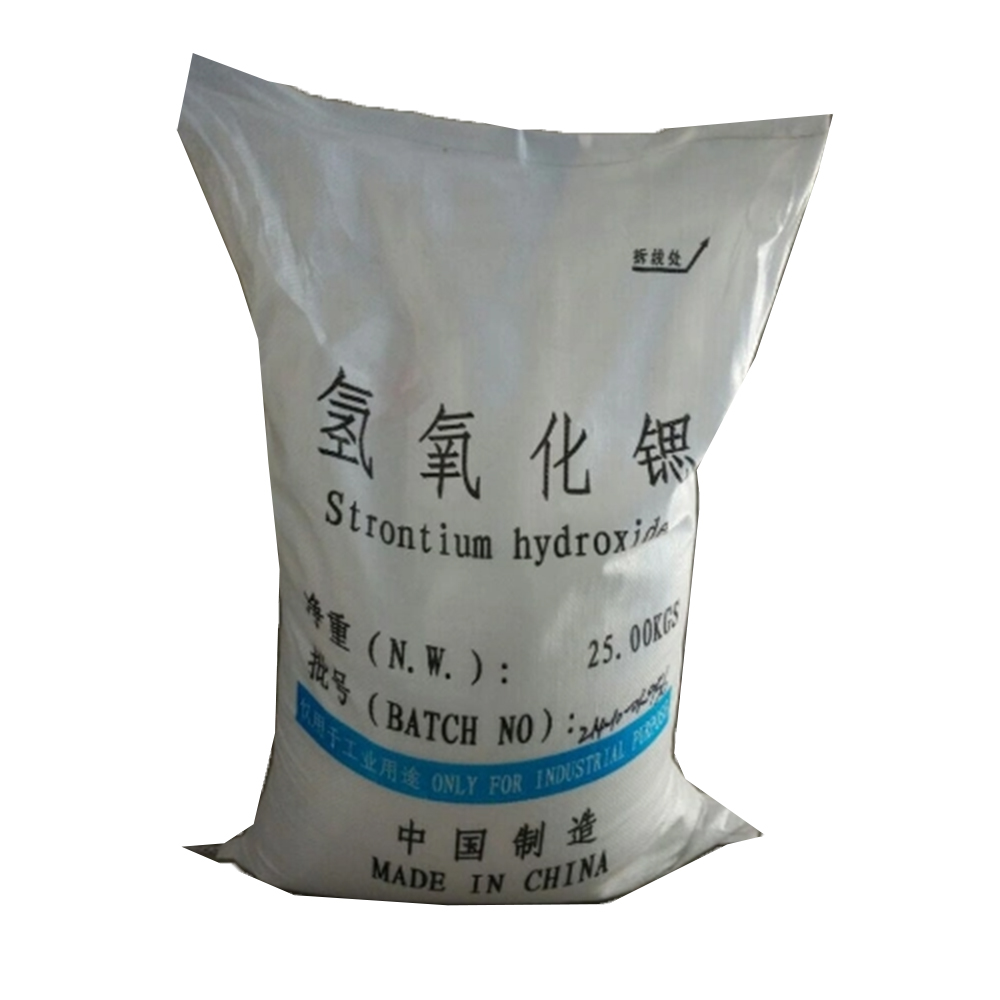



Applications and Benefits of Sodium Sulfide Flakes in Various Industries
Sodium Sulphide Flakes Applications and Uses
Sodium sulphide (Na2S) is a versatile chemical compound widely used across various industries due to its unique properties. This binary ionic compound appears as a hygroscopic, yellowish or reddish solid, commonly found in the form of flakes. Sodium sulphide flakes serve several important functions in different sectors, making them an integral substance in modern industrial processes.
1. Textile Industry
One of the primary applications of sodium sulphide flakes is in the textile industry, where it plays a crucial role in the dyeing process. Sodium sulphide is used as a reducing agent to prepare reactive dyes, particularly in the dyeing of cellulose fibers. The compound helps in the decolorization of the fabrics, allowing them to take on vibrant colors while ensuring uniform dye uptake. By facilitating the reduction of certain sulfur dyes, sodium sulphide enhances the depth and intensity of colors, leading to high-quality textile products.
In the pulp and paper industry, sodium sulphide is vital for the kraft process, where wood chips are transformed into pulp. Here, sodium sulphide flakes contribute to the delignification of cellulose, breaking down lignin and other hemicelluloses. This process results in stronger and brighter paper products. The efficiency of sodium sulphide in separating lignin from cellulose fiber not only enhances the quality of the pulp but also improves the overall yield during the production process.
3. Metal Processing
Sodium sulphide plays an essential role in metal processing, particularly in extracting non-ferrous metals. It is commonly used in the flotation process for recovering valuable metals like copper, lead, and zinc from their ores. Sodium sulphide acts as a collector that enhances the attachment of mineral particles to air bubbles, aiding in their separation during the flotation process. This application is critical in maximizing the extraction efficiency of minerals, thereby reducing waste and improving resource utilization.
sodium sulphide flakes uses

4. Leather Industry
The leather industry extensively utilizes sodium sulphide for both tanning and depilation processes. In leather processing, sodium sulphide flakes are used to remove hair from animal hides, preparing them for tanning. The compound's ability to break down keratin makes it particularly effective in this application. Moreover, in the tanning process, sodium sulphide helps to reduce and eliminate unwanted pigments, resulting in a cleaner and more aesthetically pleasing final product.
5. Wastewater Treatment
Another significant application of sodium sulphide flakes is in wastewater treatment. Sodium sulphide is used as a reducing agent to precipitate heavy metals from industrial effluents. By converting soluble metal ions into insoluble sulfide forms, sodium sulphide facilitates the removal of harmful contaminants from wastewater. The precipitated metal sulfides can then be easily filtered out, thus reducing the environmental impact of industrial discharges. This application is critical for industries aiming to comply with environmental regulations and ensure sustainable practices.
6. Agriculture
In agriculture, sodium sulphide has niche applications, mostly as a source of sulfur. Sulfur is an essential nutrient for plant growth, and sodium sulphide can be used to amend soils deficient in this crucial element. By increasing the sulfur content in the soil, sodium sulphide flakes can improve crop yields and enhance the nutritional value of the produce.
Conclusion
Sodium sulphide flakes are an essential chemical compound with diverse applications across multiple industries. From textile and paper manufacturing to metal processing and wastewater treatment, their unique properties render them invaluable. As industries continue to evolve and adapt to more sustainable practices, the role of sodium sulphide is likely to expand, further solidifying its importance in various industrial processes. Understanding these applications not only highlights the versatility of sodium sulphide but also underscores the need for responsible handling and usage, considering its potential environmental impacts when disposed of improperly.
-
Why Sodium Persulfate Is Everywhere NowNewsJul.07,2025
-
Why Polyacrylamide Is in High DemandNewsJul.07,2025
-
Understanding Paint Chemicals and Their ApplicationsNewsJul.07,2025
-
Smart Use Of Mining ChemicalsNewsJul.07,2025
-
Practical Uses of Potassium MonopersulfateNewsJul.07,2025
-
Agrochemicals In Real FarmingNewsJul.07,2025
-
Sodium Chlorite Hot UsesNewsJul.01,2025










